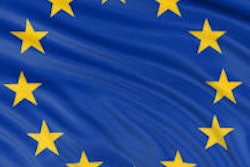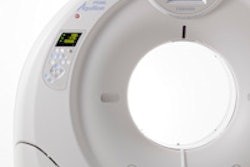Electronic health records (EHRs) will save the global healthcare industry $78 billion U.S. (63 billion euros) between 2014 and 2019, according to a new report from market research firm Juniper Research.
EHRs serve as the supporting infrastructure for a wide range of digital healthcare and mobile health (mHealth) projects, according to Juniper. Furthermore, new accountable care organization (ACO) initiatives are also supporting the evolution of digital healthcare, Juniper said.
The medical profession will also increasingly rely on EHRs to support disparate elements of digital health, bringing together devices, stakeholders, and medical records in the future connected healthcare environment, report author Anthony Cox said in a statement.
On the downside, the lack of randomized and controlled mHealth trials and the diverse nature of the global healthcare industry are offsetting some of these positive developments, according to Juniper. As a result, digital healthcare approaches often require buy-in from a large number of stakeholders and have to be tailored for each geographical region, the company said.
Juniper pointed out two key factors that are expected to boost the digital healthcare sector, including the embracing by regulatory authorities of the role of digital healthcare and the imposition of less stringent regulatory obligations on digital healthcare companies. Also, Apple's HealthKit and Samsung's Samsung Architecture for Multimodal Interactions (SAMI) user interfaces are helping to popularize the principle of technologically advanced healthcare, Juniper said.



















